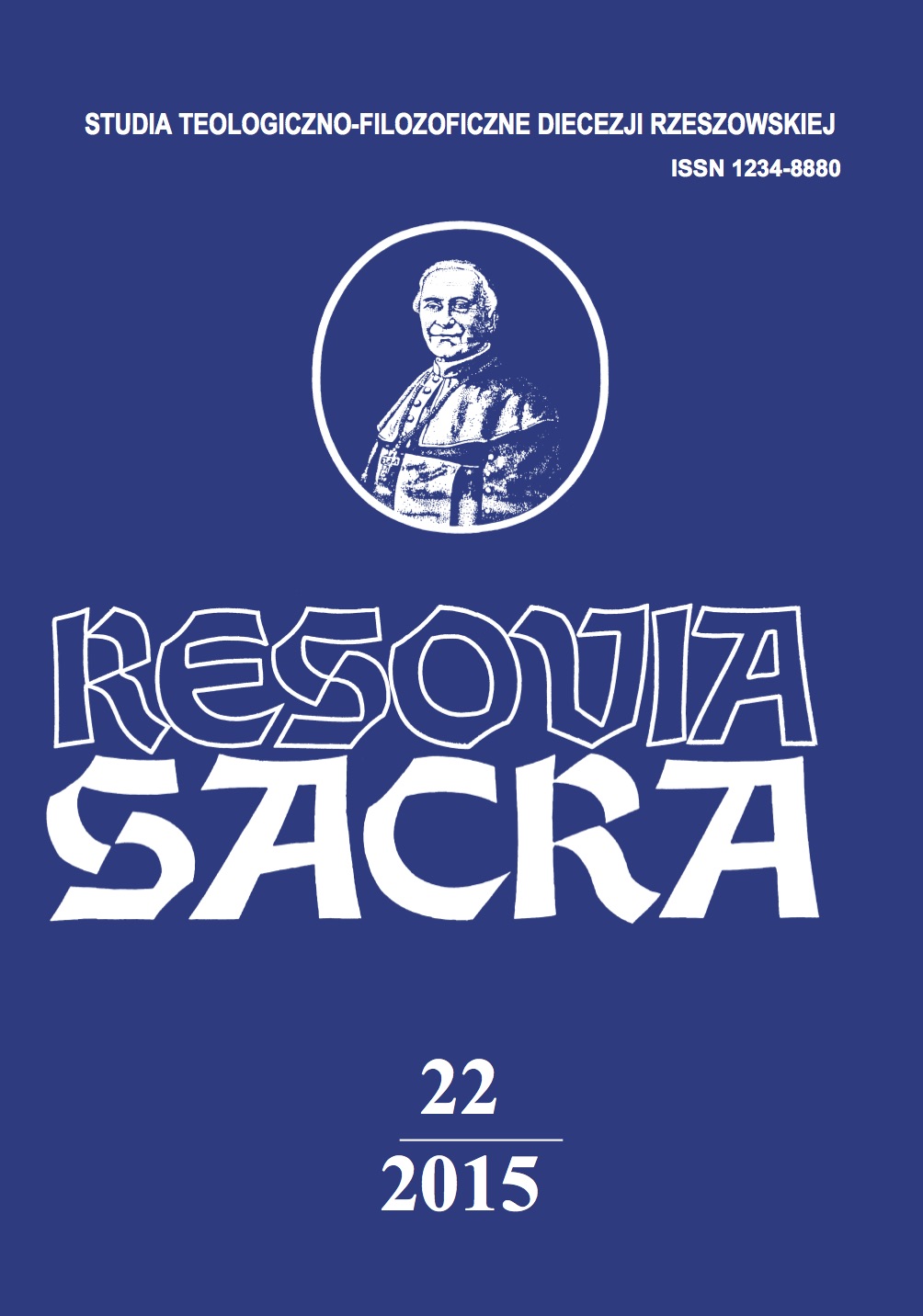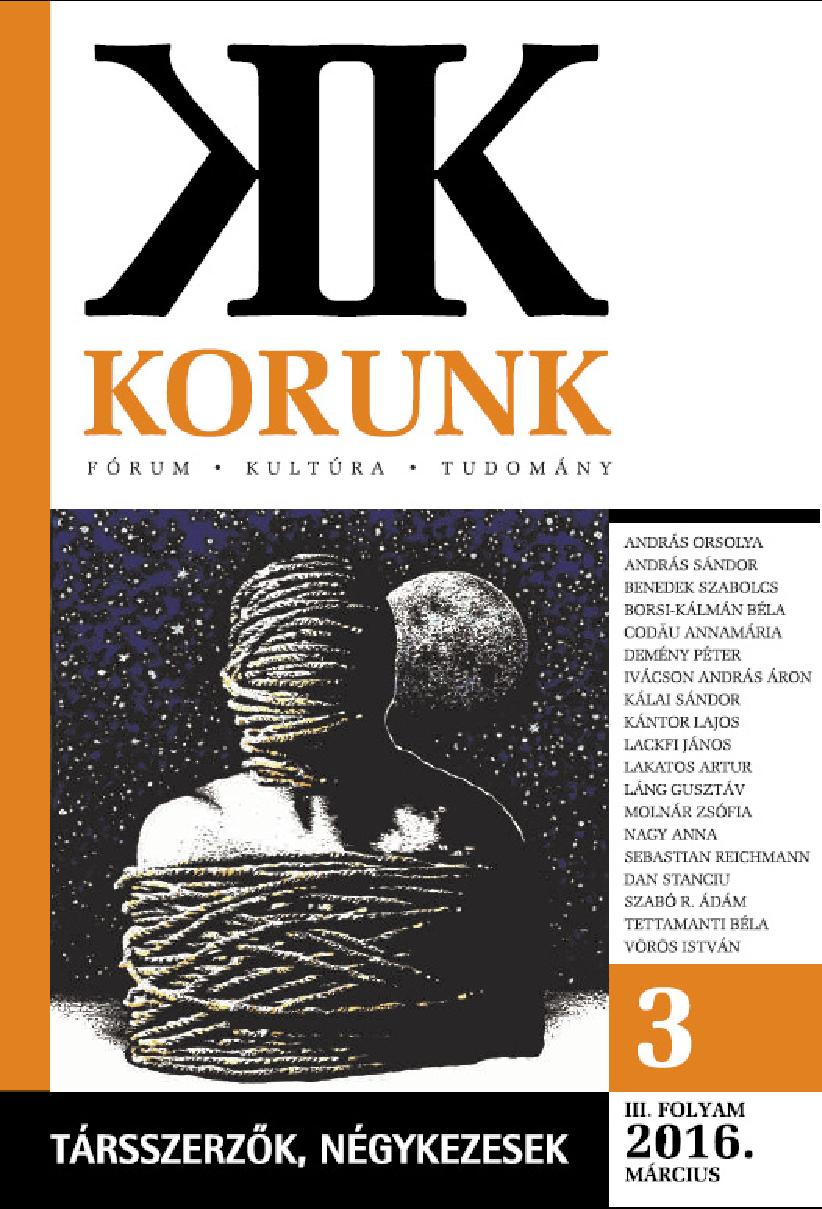
BISHOP ANASTAZY SEDLAG’S PLANS TO MOVE THE SEAT OF ADMINISTRATORS OF THE BISHOPRIC OF CULM FROM PELPLIN TO CULM
Biskupa Anastazego Sedlaga plany przeniesienia siedziby rządców diecezji chełmińskiej z Pelplina do Chełmna
Keywords: Bishop Anastazy Sedlag; Bishopric of Culm; Pelplin; Culm; translocation of the bishop seat; Prussia in the 19th century
In 1836, the Bishop of Culm, Anastazy Sedlag, suggested to the Prussian authorities that the bishop seat be moved from Pelplin to Culm. The translocation was also meant to include diocese institutions in Pelplin. On the basis of his calculations, one can find that the creation of a diocese capital in Culm would cost 14,850 thalers less than the completion of construction and adaptation works in Pelplin. It should be noted that the translocation expenses amounted to 62,750 thalers. The twelve-year period of Pelplin functioning as the seat of bishops did not influence its economic growth. Priests employed in the diocese administration experienced numerous difficulties in access to food products and means of transport. The ministry of religious affairs, education and medicine rejected the above mentioned Bishop Sedlag`s plans. The decision was supported by the argument of the amount of capital invested in the adjustment of the infrastructure of Pelplin to the needs of diocese institutions. Besides, diocese construction funds had been almost used up by that time. However, a decision was made to create a post office in Pelplin, as well as to reconstruct selected stretches of roads.
More...
